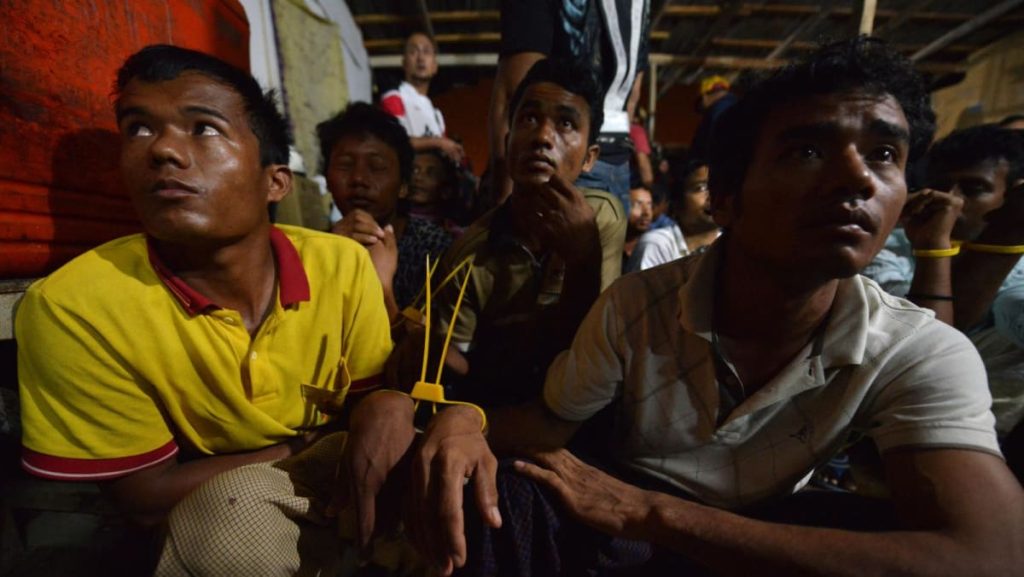In 2018, Bestinet was accused of benefiting from Nepali workers seeking employment in Malaysia, leading to a suspension of its operations. In 2023, several government officials at the Human Resource Ministry were arrested by the Malaysian Anti-Corruption Commission (MACC) for corruption related to the recruitment of migrant workers from Bangladesh. Bestinet was later raided and its executives, including controlling shareholder Mr. Mohamed Amin, were questioned. The governance of the migrant worker procurement ecosystem was transferred from the Human Resource Ministry to the Home Affairs Minister Saifuddin due to the ongoing probe.
Mr. Mohamed Amin, who has close ties with top civil servants and politicians including Deputy Prime Minister Ahmad Zahid Hamidi, secured a concession to operate Bestinet’s FWCMS platform during Zahid’s tenure as Home Minister. However, the current Home Ministry under Saifuddin has a strained relationship with Bestinet. Saifuddin expressed displeasure with the current labour recruitment system during a visit to Bangladesh and acknowledged the presence of corrupt practices that needed to be eliminated. The Bangladeshi Association of International Recruiting Agencies (BAIRA) has a strong hold on the recruitment process to Malaysia through agencies with ties to Bestinet.
The Malaysian government awarded Bestinet a contract in 2013 to assist in the recruitment of foreign labour for Malaysian companies under the FWCMS. However, the system did not prevent mismanagement, leading to the exploitation of foreign labour applicants by unscrupulous agents and brokers in both host and exporting countries. The government’s efforts to revamp the recruitment process have faced challenges due to the close relationship between certain agencies and Bestinet. BAIRA, with over 1,500 members in Bangladesh, is engaged in negotiations with Malaysia to reform the recruitment process, but details have not been disclosed.
The ongoing MACC probe into Bestinet and its executives has not yielded any results so far. With the governance of the migrant worker procurement ecosystem now under the Home Affairs Minister, there are expectations of a more stringent and corruption-free system in place. Mr. Mohamed Amin’s connections with prominent figures may come under scrutiny as investigations continue. The reforms in the labour recruitment system are aimed at eliminating exploitative practices and bringing more transparency to the process. The role of agencies like BAIRA in negotiating these changes will be crucial in ensuring a fair and ethical recruitment system for foreign workers in Malaysia.















